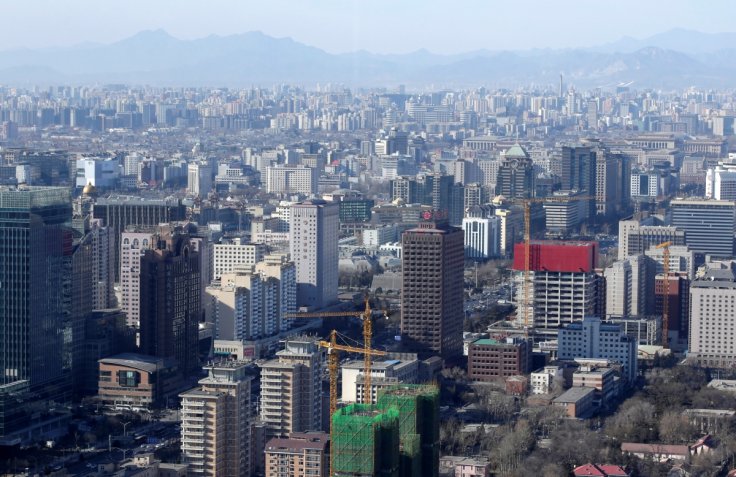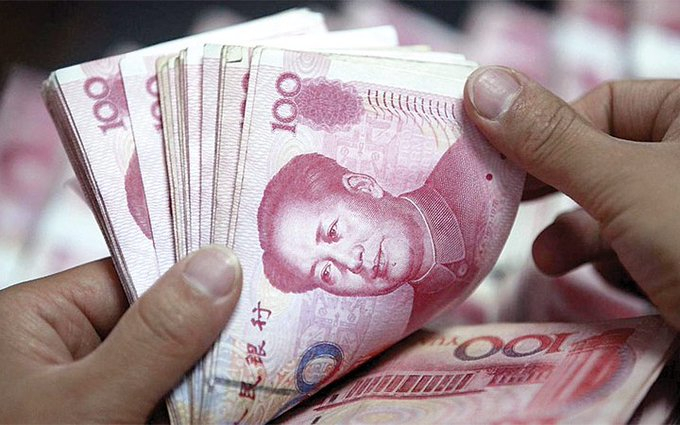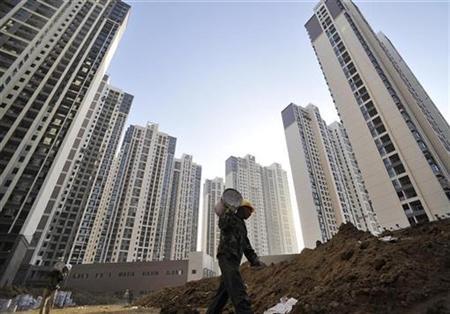A Chinese government-controlled financing vehicle has run up a massive $8 trillion debt amid falling property market, threatening to pose a severe threat to the Chinese economy.
Bonds issued by the local government financing vehicles (LGFV) are at risk of defaulting in the aftermath of a sustained decline in the real estate sector, making it necessary for the government to bail out the entities.
Reuters
“To avoid major local dislocations or damage to overall economic recovery, the government is, in our view, still highly likely to intervene to support strategically important state-owned companies and prevent defaults that would trigger localized financial stress events,” Yating Xu, principal economist at S&P Global Market Intelligence, said, according to the Business insider.
What are LGFVs and Why are They Crucial?
had driven the unprecedented property boom in China over the past several years. Their failure will send reverberations throughout the Chinese economy, which is facing headwinds owing to factors like the zero-Covid policy of Xi Jinping. The Chinese state had used the LGFVs to drive the property market in the period following the great financial crisis.
By 2020, Beijing stepped off the gas, letting the overheated property market to cool down. This hit the LGVVs hard, and with the Covid-19 pandemic worsening the real estate crisis, the local government financing vehicles are fighting fo their survival.
Crashing Sentiment
The property market does not have hopes of revival in the near future. Consumer sentiment is negative, sales have been crashing and prices have been stagnant or falling. A recent central bank survey showed that 73 percent Chinese households think property prices will remain unchanged or fall in the near term, according to Bloomberg News.

Reuters (Representational Image)
The property market is an all too important segment in the Chinese economy, accounting for nearly 25 percent of domestic output and some 40 percent of household assets. If that bubble bursts, the Chinese economy will witness a shake-up it has not seen anytime in history.
20% of Developers Likely to Fail
The Bloomberg report last week added that an IMF analysis showed that 45 percent of Chinese property developers will not be able to pay off their debt with earnings, while 20 percent of them are likely to fail if inventory values adjusted based on the current market prices.
That’s not a pleasant scenario for Xi Jinping, who is set to be bestowed a path-breaking third successive term as President.
The impact of customers has been worsening. While a fall in prices is undermining their savings, new home buyers are facing unreasonable delays. The delays and non-completion of projects have forced people to stage protests, the developers are hamstrung by the drying up of cash on hand.

Challenge for Xi Jinping
Beijing has been doing some firefighting. The central government has allowed two dozen cities to lower mortgage rates while financial regulators have asked state-owned banks to offer 600 billion yuan of financing to the sector. The central government has also offered a tax break for people who buy a new home if they make the purchase within a year of selling.
However, analysts do not see a quick recovery. “The government’s measures are aimed at preventing the difficulties in the property market from spilling over into the broader economy rather than stimulating the housing market,” Morgan Stanley analysts said in a note last week.







